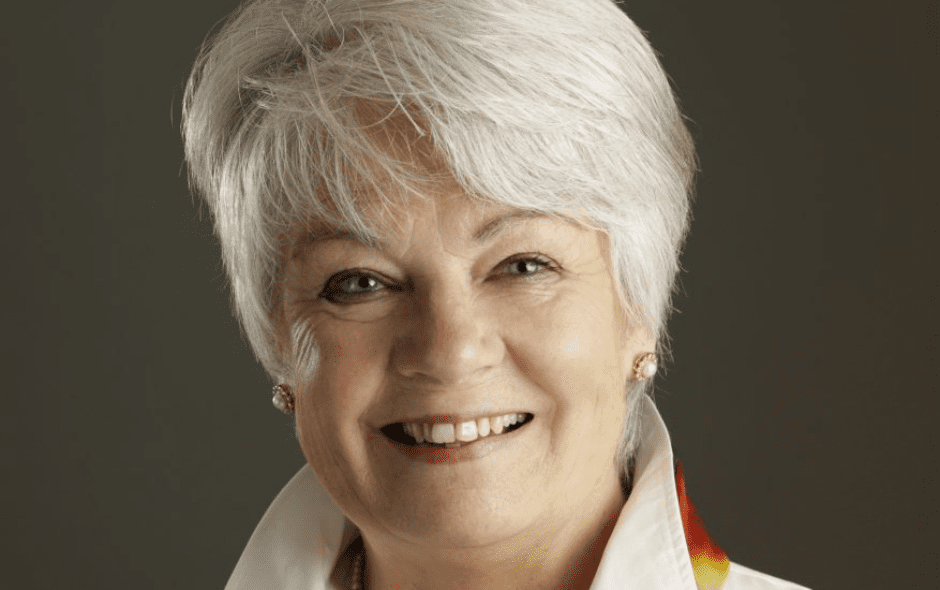Here we are at the beginning of another National Epilepsy Week, a week when we want to raise awareness of the condition, promote understanding and to highlight issues needing to be addressed.
It also happens to be our 70th year of representing and supporting people living with epilepsy in Scotland. So, in the approach to this week, I chose to explore Epilepsy Scotland’s archives, take time to reflect and to recall experiences professional and personal.
There would be no surprise to hear me say there are many issues we need to tackle as a sector; a sector that supports and augments so many of the statutory services provided.
We are challenged by a disproportionate lack of funding, staffing issues, and growing demand to name but a few.
I would also suggest the real value of the sector and what it provides is not understood or acknowledged. If all the charities in Scotland were to disappear tomorrow who would all the people they support, turn to?
A very pertinent question when I know, as we are, charities are receiving referrals from the very statutory bodies who are already under significant pressure, as their human and financial resources are stretched to the limit. There would appear to be a misapprehension ours are not.
I have been working with people living with epilepsy since 1996. There is no doubt, and the archives at Epilepsy Scotland, demonstrate there has been much progress made in so many aspects of epilepsy in the 70 years of the charity’s existence. Diagnostics are better. Treatment and management have improved.
However, even after all these years it is obvious so much more needs to be done especially around raising awareness of the condition and how it manifests itself.
Epilepsy is so much more than just seizures. So much work needs to be done around promoting understanding and education. By improving both, there could be a real reduction in the level of stigma that still attaches itself to the condition and many experience daily.
Employment
One of the first services offered by the organisation in 1957, was a workshop providing employment for six women repairing post office switchboards. Employment for those living with epilepsy was and remains a huge challenge.
Whether accessing employment or retaining employment following the diagnosis is an area where quite simply not enough progress has been made.
Of course there are certain professions not open to those with the diagnosis; the armed services being the main one but for most, with or without reasonable adjustments and education of the employer, a productive, fulfilling working life should not be something a person living with epilepsy should be excluded from.
#BeyondSeizure campaign
With around 60,000 people living in Scotland with epilepsy, why do we still not have a full complement of epilepsy specialist nurses? Why do the ones we do have work with double sometimes treble the recommended number of patients in their caseload?
Just last week, I met with a young woman newly diagnosed with epilepsy. When we spoke, she asked me how she should deal with sharing her diagnosis with her friends.
She worried about how they would react to the news. She shared the fact she worried daily about whether she would have another seizure, where it might happen, would she injure herself and what would others think?
I have lost count of the number of conversations I have had over the years just like this or very similar.
This year, Epilepsy Scotland are launching the #BeyondSeizure campaign during National Epilepsy Week. The aim during this week is to help highlight that epilepsy is much more than just seizures and we want to put a spotlight on the challenges that can affect numerous aspects of the lives of people living with epilepsy and the lack of funding to help support them.
Conversations like those and many like it over the years demonstrate the need for the #BeyondSeizures campaign.
We need to talk much more about epilepsy and the impact it has on people, their families, their communities, their education, and their work.
I very much hope this will open the door to talking about epilepsy and that may come with it with the same freedom as people talk about mental health and other conditions.




